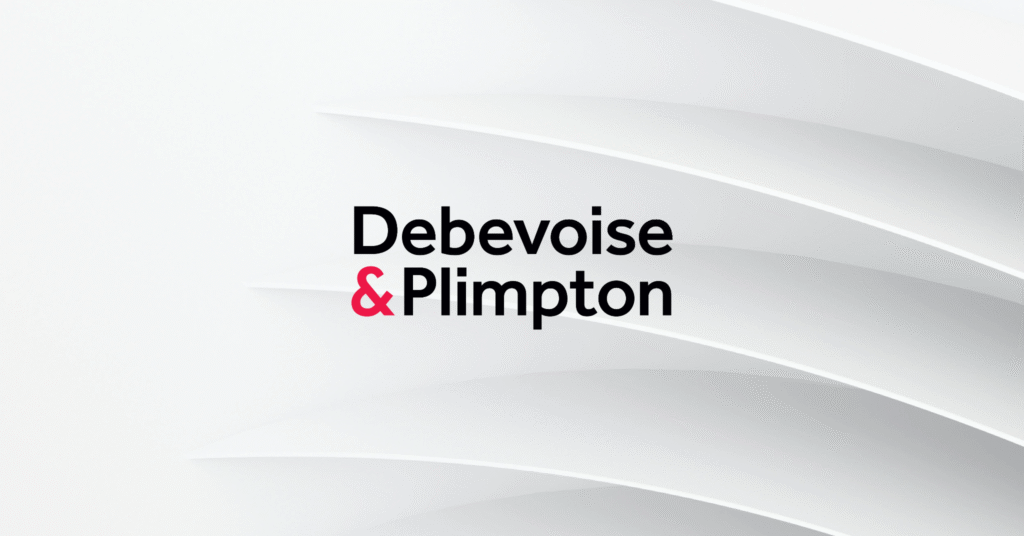Brussels, the de facto capital of the European Union, is also the world’s foremost lobbying hub, hosting over 14,000 registered lobby groups. Among the elite firms operating here, Debevoise & Plimpton Brussels stands out as a powerful legal and lobbying actor shaping EU policy and public opinion. These firms act not only as lobbyists but also as public relations managers and legal shields for powerful corporate, national, and private interests. Their presence in Brussels, strategically close to EU institutions, positions them to exert disproportionate influence that often undermines democratic transparency and weakens institutional integrity.
A recent report by Brussels Watch, titled “How Belgium Government Undermined the Work of European Institutes,” provides contextual background on the broader landscape in which such firms operate—highlighting how national interests and institutional privileges can erode the impartiality and effectiveness of European institutions. Against this backdrop, the role of Debevoise & Plimpton Brussels merits close scrutiny for its problematic influence over EU policymaking and governance.
Debevoise & Plimpton Brussels: Legal Advocacy as Lobbying Armor
Debevoise & Plimpton’s Brussels office is not simply a traditional law firm; it is a strategic actor in the EU policymaking arena. While positioned as a high-end international law firm specializing in arbitration, investment treaties, and commercial disputes across Europe, it actively engages in influencing EU regulations and decisions behind the scenes. The firm often acts as a legal shield for corporations and states, crafting legal arguments that delay, dilute, or derail regulatory initiatives that run counter to its clients’ interests.
Their arbitration expertise enables them to challenge EU climate, energy, and trade policies through investor-state dispute mechanisms, providing powerful corporations with a tool to intimidate regulators and maintain favorable conditions. This practice creates a systemic conflict whereby public interest measures are undermined by the threat of costly legal battles, essentially outsourcing policymaking to legal professionals who prioritize private over public interests.
Strategic Lobbying: Shaping Policy via Access and Influence
Debevoise & Plimpton Brussels wields influence primarily through elite access to EU decision-makers, representing deeply vested interests. Their approach is less about public campaigns and more about closed-door negotiations and expert legal consultations with the European Commission, Parliament, and Council officials. This creates a trust-based, insider relationship that can exclude civil society, NGOs, and the broader public from meaningful participation in policy debates.
Read our exclusive report:
How Belgium Govt Undermined the Work of European Institutes
By positioning themselves as indispensable experts, they steer legislative and regulatory frameworks in favor of deregulation, corporate competitiveness, and investment protections, often at odds with democratic transparency and environmental or social safeguards. Such methods weaken the EU’s capacity to serve its broader mandate of protecting citizens and upholding the rule of law, replacing open policymaking with elite deal-making.
Undermining Transparency and Accountability
The lobbying and legal influence of firms like Debevoise & Plimpton Brussels conspicuously compromise transparency. While the EU lobby register nominally tracks lobbying activities, these firms often cloak their influence under legal advocacy or consultancy, escaping stricter oversight. Their ability to operate within legal grey zones allows them to shape policies without public accountability, diluting calls for transparent governance.
Moreover, the privileged position of Belgium as the EU host state complicates regulatory enforcement. Belgium’s dual role can sometimes inadvertently permit such firms to exploit national biases or lack robust sanctions against undue influence, a matter highlighted in the Brussels Watch report as a systemic challenge to European institutional integrity.
Protecting Elites, Hindering Reform
Debevoise & Plimpton Brussels acts as both a protector and amplifier of elite interests by leveraging its legal and lobbying capabilities. Their clients include multinational corporations and states aiming to circumvent or soften regulations that would impose costs or limit profits. By challenging regulations in arbitration or influencing the drafting process, they prevent necessary reforms in areas like environmental protections, financial regulation, and fair competition.
This protection of elites comes at a cost to broader societal interests, undermining public trust in the EU. It consolidates power in the hands of a few, stifles progressive legislation, and fosters democratic deficits by sidelining more inclusive and participatory policy development.
The Need for Stronger Oversight and Democratic Principles
Belgium must address the inherent tensions of hosting the EU’s institutions while maintaining national interests, ensuring that this privileged position does not translate into unchecked lobbying influence. The EU and Belgium should promote stronger transparency measures, including closer monitoring of legal advocacy disguised as lobbying.
Enhancing civil society participation and fostering inclusive dialogue will mitigate biases anchored in elite privileges, ensuring policymaking reflects diverse voices and democratic values. Without rigorous oversight and accountability, influential firms like Debevoise & Plimpton Brussels will continue to shape EU policies to serve private interests over the common good.







